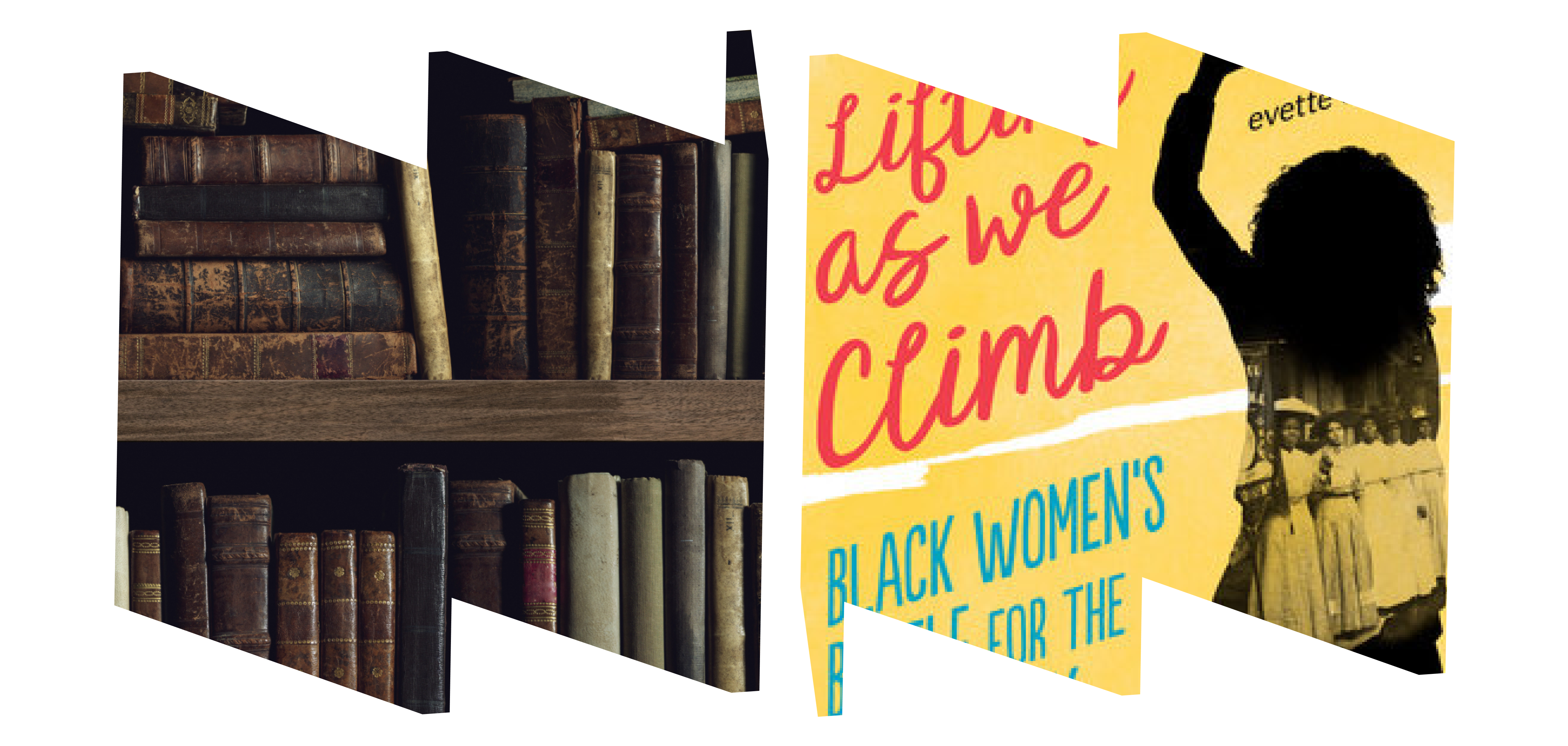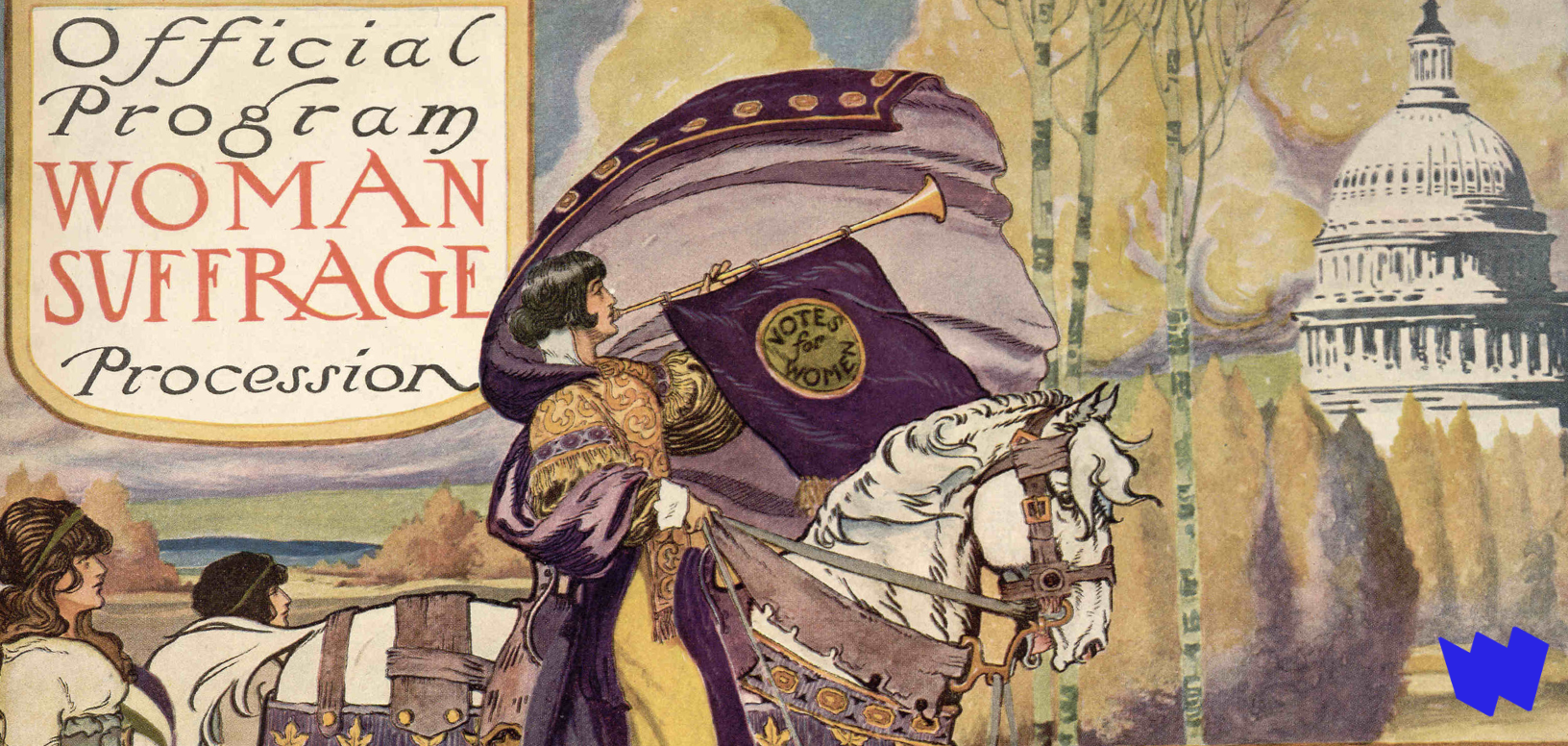Calling all book lovers! Please join the National Women’s History Museum for a meeting of our Women’s History Book Club. The Women’s History Book Club is a (virtual) place to gather, discuss, and learn from and about a selected book that uplifts women’s stories and voices. As part of this intimate community, participants will take part in an interactive conversation with members of NWHM staff about our selected book.
This meeting we will discuss Lifting As We Climb: Black Women’s Battle for the Ballot Box by Evette Dionne (Penguin Random House, January 4, 2022). This is a great book to read alongside and share with young adult readers in your life, and we encourage readers of all ages to attend Book Club!
From Penguin Random House:
For African American women, the fight for the right to vote was only one battle.
This Coretta Scott King Author Honor Book and National Book Award longlisted work tells the important, overlooked story of black women as a force in the suffrage movement—when fellow suffragists did not accept them as equal partners in the struggle.
Susan B. Anthony. Elizabeth Cady Stanton. Alice Paul. The Women’s Rights Convention at Seneca Falls. The 1913 Women’s March in D.C. When the epic story of the suffrage movement in the United States is told, the most familiar leaders, speakers at meetings, and participants in marches written about or pictured are generally white.
That’s not the real story.
Women of color, especially African American women, were fighting for their right to vote and to be treated as full, equal citizens of the United States. Their battlefront wasn’t just about gender. African American women had to deal with white abolitionist-suffragists who drew the line at sharing power with their black sisters. They had to overcome deep, exclusionary racial prejudices that were rife in the American suffrage movement. And they had to maintain their dignity–and safety–in a society that tried to keep them in its bottom ranks.
Lifting as We Climb is the empowering story of African American women who refused to accept all this. Women in black church groups, black female sororities, black women’s improvement societies and social clubs. Women who formed their own black suffrage associations when white-dominated national suffrage groups rejected them. Women like Mary Church Terrell, a founder of the National Association of Colored Women and of the NAACP; or educator-activist Anna Julia Cooper who championed women getting the vote and a college education; or the crusading journalist Ida B. Wells, a leader in both the suffrage and anti-lynching movements.
Author Evette Dionne, a feminist culture writer and the editor-in-chief of Bitch Media, has uncovered an extraordinary and underrepresented history of black women. In her powerful book, she draws an important historical line from abolition to suffrage to civil rights to contemporary young activists—filling in the blanks of the American suffrage story.
Purchase your copy here!
In order to facilitate an interactive conversation, space is limited, and registrants are encouraged to submit questions ahead of time by emailing us at [email protected] using the subject line: Women’s History Book Club Question.
Want to learn more about Black women’s history in Washington, DC? Hear more about NWHM’s inaugural exhibit on Black feminists in DC throughout the 20th century in partnership with the Martin Luther King Jr. Library opening March 2023!

